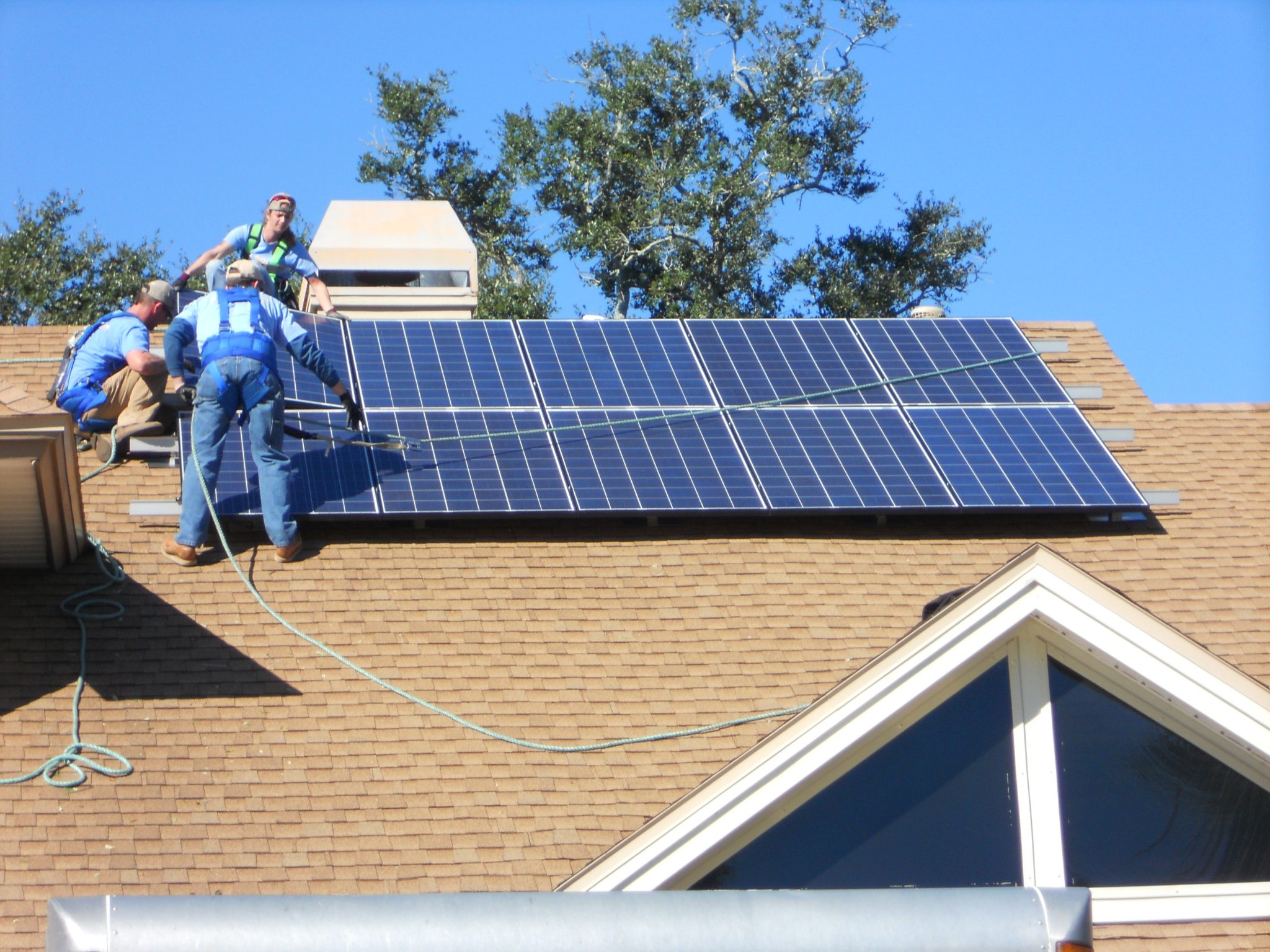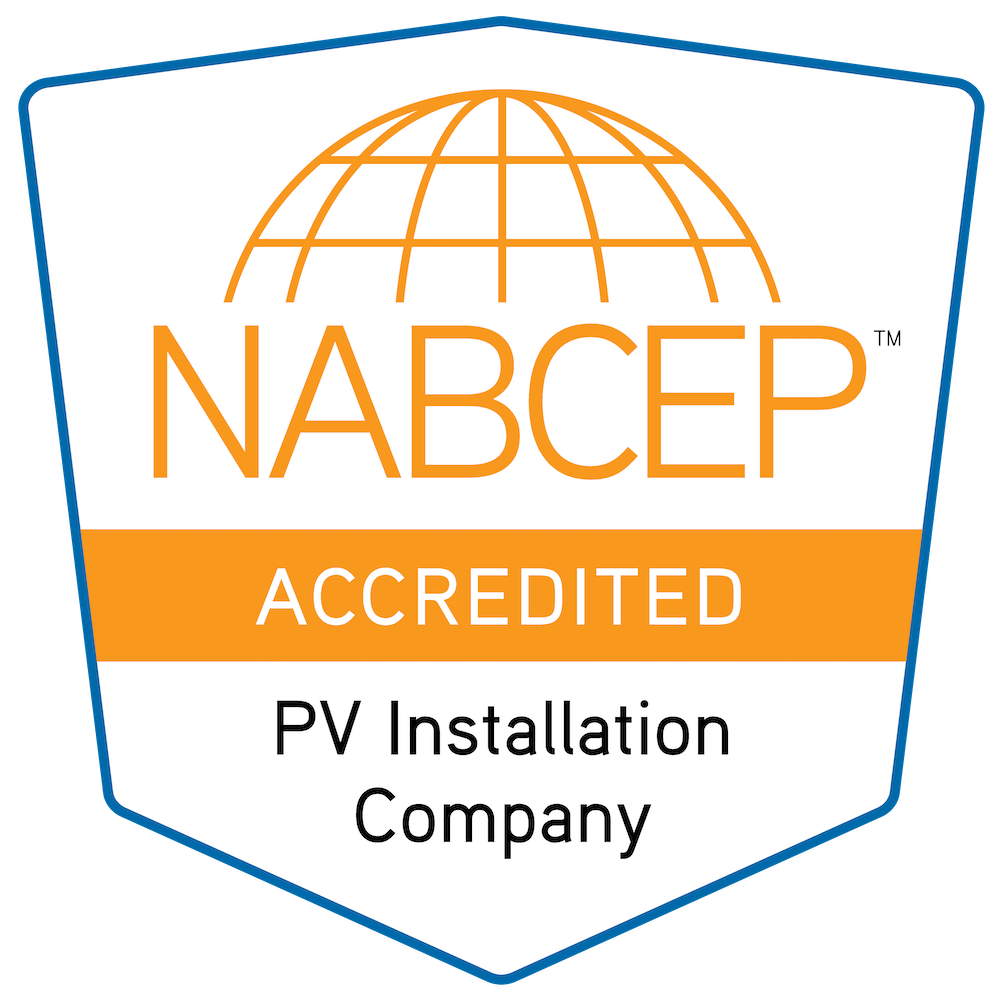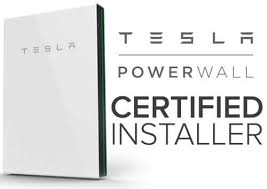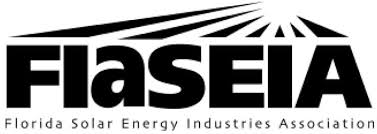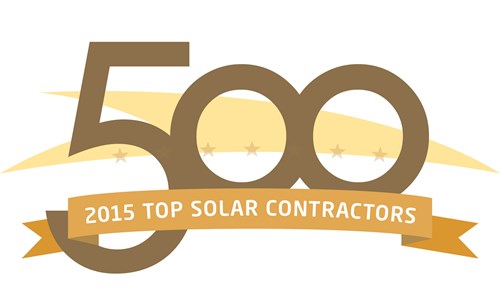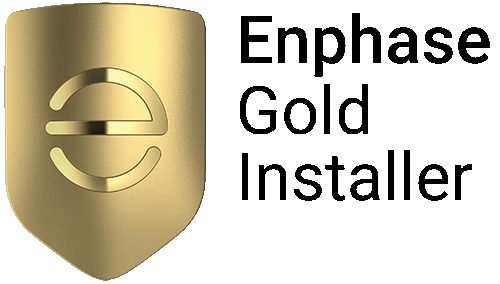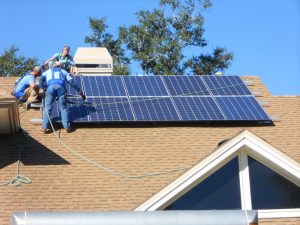
JEA would be taking an unnecessary, premature step in the wrong direction by enacting their proposed SolarSmart policy. JEA had $1.7 BILLION in revenues last year; the bill credits for the entire net-metering program totaled less than .000075% (less than 1/10,000th of 1 percent) of that total. They are spending too much time and money trying to ‘fix’ a solar problem that doesn’t exist, and in doing so, they are harming Jacksonville’s reputation, the job market, and the economy. SolarSmart is bad for JEA, bad for homeowners, and bad for Jacksonville.
JEA claims: JEA wants to pay homeowners a ‘fair’ rate for solar buy-back from rooftop generation.
Fact: JEA bases their buyback rate on an unrelated, pre-negotiated, contract wholesale rate from a PPA with an outside company. Studies consistently value rooftop solar at rates upwards of $0.18/ kWh; JEA believes it is fair to reduce the current rate from retail of $0.11/kWh down to $0.07/ kWh. JEA has done no study on the value of solar. The only fair method to determine a real value would be an independent study on the value of solar in Jacksonville with input/questions from both JEA and the solar & environmental industry.
JEA claims: Current solar customers are being subsidized by non-solar customers.
Fact: Rooftop solar provides quantifiable monetary value in addition to the energy cost*. Distributed generation/rooftop solar benefits everyone on the grid, not just the homeowner. JEA ignores all of these additional benefits. According to many reputable studies, solar power is actually more valuable to the power company than the power it creates.
Fact #2: If JEA wants to discuss subsidies, perhaps we should ask them who is subsidizing their huge bonuses each year. JEA has paid $0.00 total to solar customers for back-fed solar. The approximate value of the bill credits solar customers received in return for their back-fed solar last year was $127,000 in total, about $250 per home per year. JEA bonuses totaled approximately $250,000.
JEA claims: JEA claims on one hand that solar is too expensive and that Florida is not a good area for solar; but then on the other hand they say they are ‘solar friendly’ because they’re building millions of dollars worth of utility owned solar farms all over Jacksonville.
Fact: JEA plans to offer centralized solar to its customers, at a huge premium. They will be able to power 5,000 homes with their centralized solar. A homeowner that chooses to receive 100% of their energy from JEA’s solar farms will pay a 25% higher electric bill than they normally would.
Question: Who (if any) of 5,000 JEA customers will volunteer to have a 25% higher electric bill? SolarSmart is an ‘alternative for residential or business customers who can’t afford’ rooftop solar. Will these customers volunteer to pay 25% more every month? In addition, the utility scale solar will cost JEA ~$5 million. Who is subsidizing that $5 million, if no one buys into the program?
* Some standard factors that add value to solar are: reduced transmission & distribution line losses, fuel hedge benefits, increased grid resiliency, and avoided capacity & capital investment. Additionally, there are environmental and societal benefits (the monetary value is harder to calculate, but everyone agrees that they are extremely valuable) like: cleaner air, conserved water, preserved open space, and reduced climate impacts.


